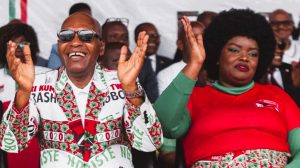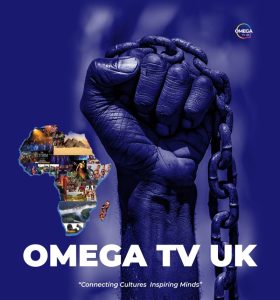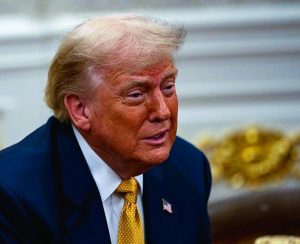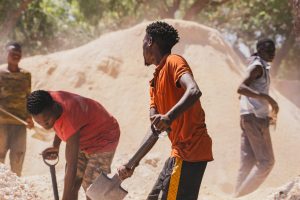Burundi’s ruling party seeks to tighten grip on power
3 min read
As Burundi votes, rising hardship and shrinking political space raise questions about the country’s democratic future.
Burundi’s Ruling Party Tightens Its Hold Amid Economic Struggles and Political Tensions
Burundi heads to the polls as economic hardship and political repression cast a shadow over the elections.
Elections Begin Under Strain
Voters in Burundi are casting their ballots for seats in the National Assembly and local councils, while the presidency remains untouched. President Évariste Ndayishimiye, elected in 2020, is midway through his seven-year term, which ends in 2027, and is not on the ballot this time.
Ruling Party’s Longstanding Dominance
The elections are widely seen as a test of the strength of the CNDD-FDD party, which has governed Burundi for two decades. Originating as a rebel movement, the CNDD-FDD has deeply entrenched itself in the political system, and many believe it is poised to retain control.
Economic Woes Intensify Daily Life
Burundi, already among the poorest countries in the world, is facing worsening conditions. Inflation has driven up the cost of food and basic goods, while fuel shortages have paralyzed daily life. These economic difficulties weigh heavily on voters.
Opposition Reports Harassment
Opposition groups say the playing field is far from fair. Supporters claim they are regularly harassed by the Imbonerakure, the youth wing of the ruling party. Gabriel Banzawitonde, leader of the APDR party, said people are too afraid to wear opposition colors, but many still promise to vote against the ruling party in secret.
Fear Silences Public Discourse
Several analysts and political experts declined to speak openly about the elections, fearing government reprisals. One unnamed expert told the BBC, “To avoid unnecessary trouble, you keep quiet,” reflecting the climate of fear surrounding political discussion in the country.
Allegations of Rigged Process
Critics argue that the electoral system has been designed to ensure a CNDD-FDD victory. “Everything was being tailor-made to fit the ruling party,” said the anonymous analyst, hinting at a process with little room for genuine competition or dissent.
One-Party State Talk Resurfaces
Recent rhetoric from some CNDD-FDD officials has raised eyebrows, with suggestions that a one-party state might be beneficial for Burundi. Such remarks have intensified concerns about democratic backsliding and the erosion of political pluralism.

Foreign Currency Crisis Fuels Economic Collapse
A dire shortage of foreign currency has crippled Burundi’s ability to import essential goods like medicine and fuel. Analysts warn that the country is functioning with less than one month’s worth of reserves, far below the regional standard of four months.
Fuel Queues Stretch for Days
Long lines of vehicles have become a familiar sight at fuel stations across the country. With fuel now heavily rationed, drivers sometimes wait days or even weeks to fill their tanks, further crippling transportation and trade.
Income Levels Hit Rock Bottom
According to the World Bank, the average annual income for a Burundian in 2023 was just $193 – the lowest in the East African Community. These figures underscore the severity of the economic crisis affecting ordinary citizens.
Calls for Good Governance
Faustin Ndikumana, an economist and anti-corruption activist, believes the root of the country’s problems lies in poor governance. “Good governance has to be established. We’re not there yet,” he told the BBC, highlighting the urgent need for reform.
Government Paints a Rosier Picture
Despite these challenges, President Ndayishimiye maintains that the country has improved under his leadership. He has pointed to progress in Bujumbura, the capital, where he claims residents are now able to afford shoes, clothing, and homes.
Historical Justification Remains a Defense
The CNDD-FDD often counters criticism by invoking its legacy. The party claims it championed the rights of the Hutu majority after decades of Tutsi dominance. This narrative continues to be a core part of its appeal, particularly among rural voters.






